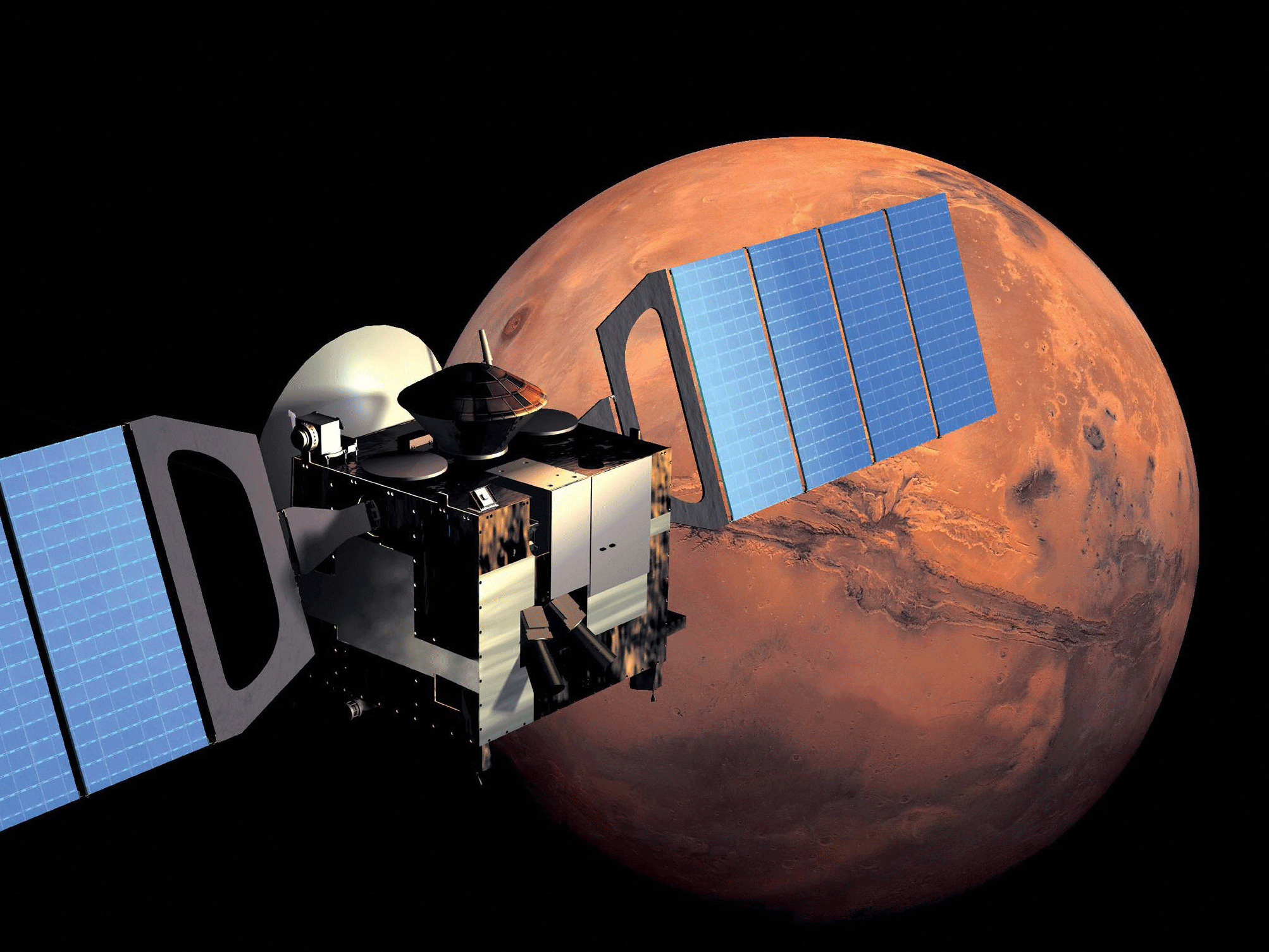Nasa awards $200,000 grant to a research project aimed at turning astronaut poo into food
Using human waste to aid in food production on board spacecraft could be essential for long interplanetary journeys

Your support helps us to tell the story
From reproductive rights to climate change to Big Tech, The Independent is on the ground when the story is developing. Whether it's investigating the financials of Elon Musk's pro-Trump PAC or producing our latest documentary, 'The A Word', which shines a light on the American women fighting for reproductive rights, we know how important it is to parse out the facts from the messaging.
At such a critical moment in US history, we need reporters on the ground. Your donation allows us to keep sending journalists to speak to both sides of the story.
The Independent is trusted by Americans across the entire political spectrum. And unlike many other quality news outlets, we choose not to lock Americans out of our reporting and analysis with paywalls. We believe quality journalism should be available to everyone, paid for by those who can afford it.
Your support makes all the difference.As Nasa talks more about the growing possibility of a manned mission to Mars and beyond, the challenges of feeding astronauts in missions that last months or even years become more and more pressing.
The space agency is attempting to find a solution to this problem, in awarding a $200,000 (£127,600) a year grant to a project aimed at creating a 'closed loop' system on a spacecraft - one that could use astronauts' waste into food, fertiliser, supplements or other useful materials for a long space flight.
The project that won the grant is called 'Synthetic Biology for Recycling Human Waste into Food, Nutraceuticals, and Materials: Closing the Loop for Long-Term Space Travel', and is led by Mark Blenner of Clemson University, South Carolina.
It will receive up to $200,000 a year for a maximum of three years, as Nasa tries to solve the problem of feeding humans for months in a cramped and inhospitable spacecraft.
The issue of how to deal with space waste has long been a problem for Nasa, particularly when it comes to disposal, hygiene, and the sheer practicalities of going to the toilet in zero gravity.
For the Soviet Union, frozen urine that was vented into space from the Mir space station's toilet was hitting the station's solar panels and damaging them.
By 'closing the loop', spacecraft will be able to become much more self-sufficient, and ultimately will become more capable of taking long journeys, to Mars and even further.
Join our commenting forum
Join thought-provoking conversations, follow other Independent readers and see their replies
Comments